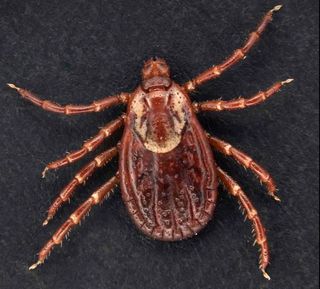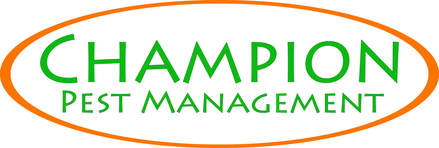|
Summertime. South Carolina. Ticks.
Often these activities include hiking, camping, spending time outdoors--but before you plan your last summer excursion, you need to think about what may be hiding and waiting to put an end to any fun you might be planning. Ticks and Disease Ticks are parasites that attack from the outside of the body. These pests require a blood meal in which to survive. This type of contact between a tick and it's host contributes to the spread of disease from the tick to the host. Not all ticks transmit diseases, but taking precautions is key in protecting yourself, your children, and your pets from tick borne diseases like Lyme disease, Ehrlichiosis, Southern Tick-Associated Rash Illness(STARI), and Rocky Mountain Spotted Fever. When diagnosed early, tick borne diseases are very treatable. Diagnosis and early treatment is key. Lyme disease is the most common disease transmitted by ticks reported on an annual basis with an increase of over 80% of reported cases from 2004 to 2016 according to the CDC. Lyme disease is a bacterial disease that affects muscle strength, can cause arthritis, rashes, severe headaches, and possibly inflammation of the brain. While Lyme disease is one of the most common tick-born illnesses, Rocky Mountain Spotted Fever is the most deadly. The Rare but Deadly Rocky Mountain Spotted Fever
Reported cases of the rare but deadly Rocky Mountain Spotted Fever have been increasing over the past several years with one reported death in Wisconsin so far this year. Veterinarian offices are reporting an increase of cases in dogs, and pediatrician offices have treated cases in children as young as 5. Know What to Expect and Where to Expect It
Dogs and other small animals are only 8-12 inches off the ground and like to lay around in grassy areas which makes them a prime and easy target. How You Can Protect Yourself The fear of tick-born illnesses shouldn't deter you from enjoying yourself in these last few weeks of summer. Here are a list of things you can do to stay on the safe side: 2. Daily Tick Checking: It's a great idea to check yourself daily for ticks that might be climbing upwards. If a tick hasn't latched on, removing it before it has a chance to is by far the safest way if preventing the transmission of tick-born diseases. It's important to check those spots that aren't as visible with the naked eye:
4. What you Wear Matters: Wear long-sleeved shirts and long pants. If you wear lighter color clothing, it will make it a lot easier to identify ticks on your clothes.
Take time and enjoy your summer. Be mindful of your surroundings, and always check yourself and your pets. Remember, wash any possibly contaminated clothes before simply throwing them in a hamper. Not all ticks carry diseases but tick removal is important. The longer a tick stays attached, the greater your chances of having a tick-born disease transmitted. If you fear that your yard may be a tick haven, don't hesitate to give us a call at Champion Pest Management. We can come out and assess your yard situation, and discuss a treatment plan that best suits your needs, your family's needs, and your pets' needs. 843.860.4791
[email protected]
5 Comments
1/27/2022 01:48:51 pm
This is good. Pest control is essential nowadays. Thank you for sharing this post, and looking forward to the latest one.
Reply
Leave a Reply. |
About UsChampion Pest Management is a locally owned, family run, pest control company operating in Charleston, SC and the surrounding areas. Archives
February 2023
Categories
All
|
|









 RSS Feed
RSS Feed


